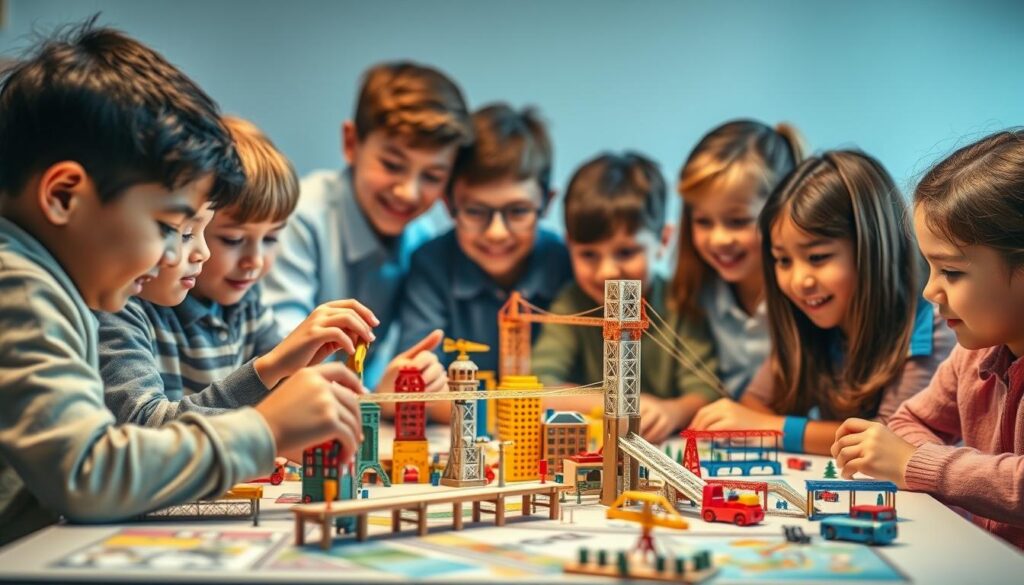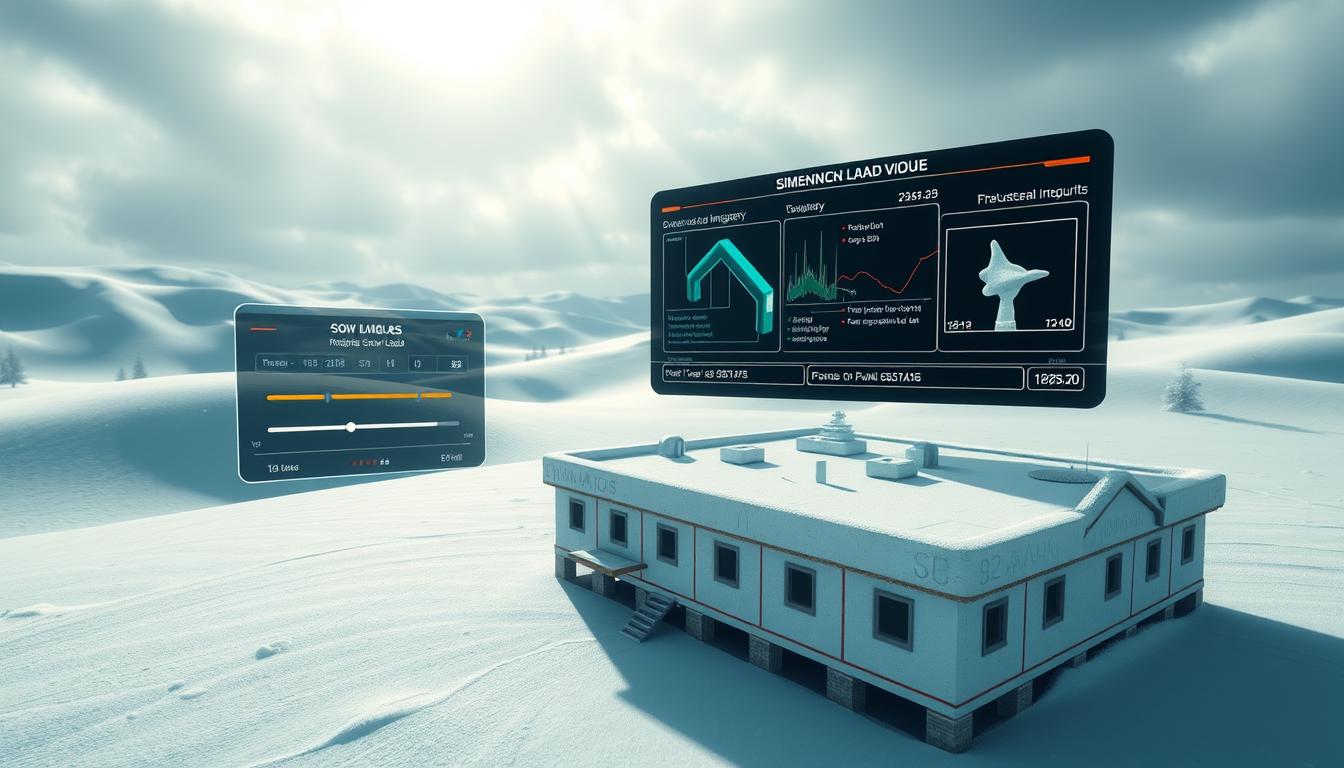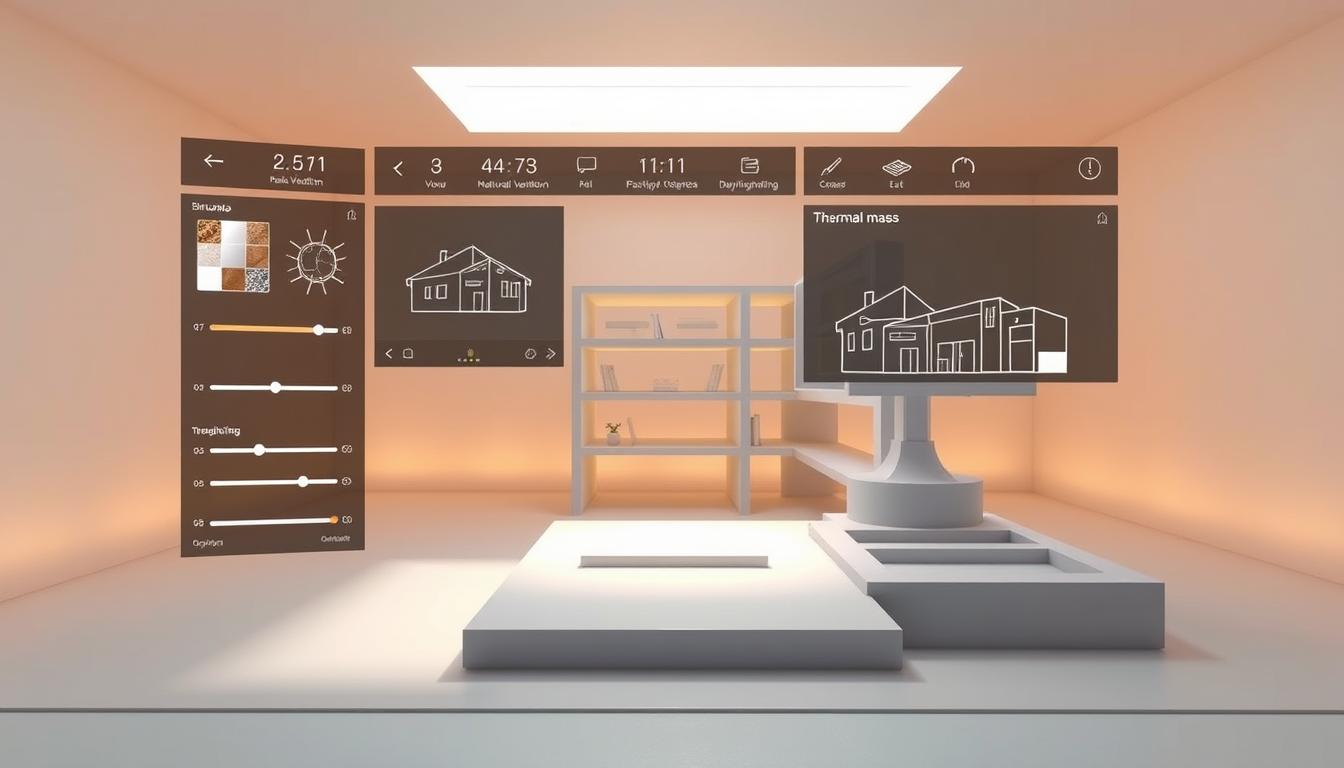Anúncios
Have you ever thought about how play can make civil engineering simple for kids? Educational construction games are changing how students learn about civil engineering. They turn complex ideas into fun, hands-on activities.
These games make learning fun and help students think critically and solve problems. They prepare students for the challenges they’ll face in engineering. By making learning interactive, these games bridge the gap between school and real-world applications.
The Importance of Learning Civil Engineering Concepts
Learning civil engineering is key for students’ future careers. It teaches them skills needed for infrastructure, sustainability, and safety. This knowledge is essential for aspiring engineers.
Anúncios
Core civil engineering principles are the foundation for new ideas in the field. Students learn about urban planning, material mechanics, and structural design. This prepares them to solve real-world problems.
Civil engineering is constantly evolving. It needs professionals who know both old and new technologies. Education highlights the importance of civil engineering. This helps students stay ahead in a changing world.

Anúncios
Engagement Through Educational Games
Engaging educational games are key to getting students involved in learning. They turn boring lessons into fun, interactive activities. This makes students more likely to remember what they learn, as they enjoy the process.
These games also teach teamwork, a crucial skill in engineering. Students work together, learning to rely on each other. This teamwork helps them grow both personally and professionally.
When teachers use these games in class, students become more excited to learn. It’s not just about the game; it’s about how it helps students talk and work together. This approach makes learning about complex topics like civil engineering fun and rewarding.

Types of Educational Construction Games
Educational construction games come in many forms, each with its own focus. They appeal to different parts of civil engineering. These games are divided into several categories, each with its own learning goals and methods.
- Design Simulations: Students get to be creative, designing structures, bridges, and buildings. They learn about engineering principles while doing it.
- Construction Challenges: These games mimic real-world building scenarios. Players face problems like building scope, materials, and safety rules.
- Engineering Simulations: These games teach mechanics and dynamics. They offer realistic settings where students can apply what they’ve learned through hands-on activities.
Each type of educational game has its own role. They help students actively learn about civil engineering. By taking part in these activities, learners get a better grasp of engineering concepts.
Benefits of Educational Construction Games for Students
Educational construction games offer many benefits of educational games. They make learning fun and engaging for students. These games help students get excited about engineering and learn more about it.
Playing these games also helps students work better together. They learn how to be a team, which is important in engineering. This teamwork skill is useful in real-life engineering projects.
These games also let students try new things safely. They can be creative and think outside the box. This helps them understand complex ideas better.
Students get to see how engineering works in real life. This makes them understand civil engineering better. It helps them do well in school and in their future careers.
In short, educational construction games are great for students. They help students stay interested, work well together, and learn more. These games make learning fun and help students succeed in civil engineering.
Educational Construction Games for Civil Engineering Students
Educational construction games are key for civil engineering students. They offer hands-on learning, letting students apply what they’ve learned in real situations. By designing structures like bridges and buildings, students get a deep look into how things are built.
Using games in civil engineering education boosts understanding and practical skills. Students tackle design challenges and work together, facing real engineering problems. This hands-on learning prepares them for their future careers.
| Game Type | Learning Focus | Skills Developed |
|---|---|---|
| Bridge Design Simulator | Structural integrity, forces | Problem-solving, critical thinking |
| Virtual City Builder | Urban planning, resource management | Project management, teamwork |
| Real Estate Development Game | Economics, regulations | Financial analysis, strategic decision-making |
Playing these educational games not only sparks interest but also builds skills in civil engineering. Students leave better equipped to face engineering challenges ahead. It shows how fun and learning can go hand in hand in education.
Popular Educational Construction Games
“Roll ‘n’ Roller Coaster” is a standout among popular construction games. It teaches students to design roller coasters. They aim to move a table tennis ball from one point to another.
This game covers physics, design, and engineering. It lets students use their knowledge in real ways. It’s a fun way to learn.
Another exciting game is the bridge-building challenge. Students build bridges using different materials. They see how well their bridges can hold weight.
This activity tests how strong the bridges are. It also teaches teamwork and creative problem-solving. Students learn a lot about civil engineering by doing it.
| Game | Description | Key Skills Developed |
|---|---|---|
| Roll ‘n’ Roller Coaster | Design a coaster to transport a ball efficiently | Physics, Design, Teamwork |
| Bridge-Building Challenge | Construct a bridge that can hold a specified weight | Structural Integrity, Collaboration, Creativity |
Playing these games is a great way for students to learn engineering. They get to apply what they’ve learned in a fun way.
How Construction Games Enhance Problem-Solving Skills
Construction games are a great way for students to improve their problem-solving skills. They put learners in real-world scenarios, making them think deeply about solutions. This helps students become more innovative and critical thinkers.
When students face engineering challenges, they learn to apply what they know in real life. This not only deepens their understanding but also boosts their critical thinking. Through trial and error, they get better at solving problems.
Many construction games also teach teamwork. Students work together, sharing ideas and evaluating solutions. This teamwork prepares them for future engineering projects. The skills they gain are useful for their careers.
Integrating Technology in Educational Games
Technology is changing how we learn, especially in fields like civil engineering. Educational construction games use new tools to make learning fun and effective. Online learning platforms offer easy access to games and simulations that help students learn by doing.
Virtual reality in education takes it even further. It lets students dive into real engineering environments. They can try out virtual job sites, work with construction materials, and solve engineering problems safely. This way, students learn more and stay motivated because they’re actively involved.
| Technology Type | Description | Benefits |
|---|---|---|
| Online Learning Platforms | Web-based platforms offering courses and simulations | Access to a variety of resources, flexible learning |
| Virtual Reality in Education | Immersive experiences that simulate real-world scenarios | Enhanced engagement, improved practical skills |
| Educational Apps | Interactive applications for smartphones and tablets | Convenient learning anytime, anywhere |
Using technology in educational games makes learning fun and helps students develop important skills. By combining old and new learning methods, teachers can get students ready for the future in civil engineering and more.
Creating a Classroom Environment for Game-Based Learning
Creating a game-based learning environment needs careful planning. The classroom setup is key. It should have flexible seating for students to work together on games.
Technology is also vital. It provides the tools for deep, engaging learning experiences. This makes learning through games more effective.
Setting up different learning zones in the classroom boosts creativity and interest. Areas for group work, individual study, and hands-on activities meet various learning needs. This setup encourages teamwork and problem-solving, crucial for civil engineering.
Teachers should weave construction games into their lessons. These games turn learning into fun, interactive activities. This method keeps students engaged and helps them grasp complex ideas through real-world applications.
Assessing Learning Outcomes from Construction Games
It’s important to check how well educational games work. We need good ways to see if they help students learn. Watching how students play can tell us a lot about their interest and how well they understand the game.
Getting feedback from students helps us understand more. It shows us what works and what needs to get better. Tests before and after playing can also show how much students have learned.
Using different ways to check how games work helps us get a full picture. When students reflect on their learning, we learn more about their experiences. This helps us make games better for everyone.
Teacher’s Role in Facilitating Construction Games
Teachers are key in the classroom, especially when using educational construction games. They help students get into the game and grasp engineering concepts. Teachers guide students, making sure they work well together and feel safe to try new things.
Teachers offer support as students play, helping them get past tough spots. This support boosts learning goals and sharpens thinking skills. By asking questions and discussing, teachers help students think deeply about what they’ve learned.
Teachers also make the classroom a place where students can work together. They encourage students to help each other, making learning richer. This teamwork is crucial in construction games, where solving problems together is essential.
Case Studies: Success Stories in Educational Games
Effective educational games have shown great success in classrooms. They offer insights into how they improve student learning. For instance, a high school used a construction game that tackled real engineering challenges.
Students greatly improved their problem-solving and retained complex concepts better. This shows the power of these games in education.
At a university, game-based learning was tested for engineering education. Students worked on simulations that mimicked real engineering tasks. They showed better teamwork and communication skills, key for engineering careers.
More students got high grades, proving the link between games and better grades. These stories highlight the success of educational construction games.
Teachers saw more motivation and engagement in their students. This made learning civil engineering fun and exciting. It turned traditional education into an adventure.
Future Trends in Educational Construction Games
The future of educational games is set for big changes. New technologies like augmented reality (AR) and artificial intelligence (AI) will be key. These will make learning more fun and interactive, helping students remember civil engineering better.
Engineering education is moving towards competency-based learning. This means students learn skills they can use in real life. Educational games are changing to match this, making learning more relevant and useful.
Data analytics are becoming more important in educational games. They help developers make games that fit each student’s needs. This makes learning more personal and effective for everyone.
Games are also getting better at teaching teamwork and communication. They help students work together, just like in the engineering world. This focus on teamwork will help students develop important social skills.
In short, the future of educational construction games looks very promising. With new tech and education trends, students will get better learning experiences. These will prepare them well for careers in civil engineering.
Conclusion
Educational construction games are key tools for teaching civil engineering basics to students. They make learning fun and engaging. This approach helps students understand engineering concepts better.
These games also improve problem-solving skills. Students use what they learn to solve real-world problems. This hands-on experience prepares them for their future careers.
Looking ahead, using these games in school is a must. They change how we teach civil engineering. This will help create a new generation of engineers ready to face challenges.
FAQ
What are educational construction games?
Educational construction games are interactive platforms. They teach fundamental civil engineering principles. Users learn through hands-on activities, improving critical thinking and problem-solving skills.
How do construction games enhance student engagement?
These games make learning fun and interactive. Students learn better and remember more. They also encourage teamwork and active participation.
What types of educational construction games are available?
There are many types, like design simulations and structural challenges. They cater to different learning styles and can be used in various educational settings.
What benefits do educational construction games offer?
They boost engagement and teamwork. Students become more motivated to learn. They also explore engineering concepts safely, promoting creativity and critical thinking.
How do educational games prepare students for civil engineering careers?
Games offer hands-on experiences, like designing bridges and buildings. This prepares students for real-world applications in civil engineering.
Can you give an example of a popular educational construction game?
“Roll ‘n’ Roller Coaster” is a popular game. Students design roller coasters for a table tennis ball, learning physics and design. Bridge-building challenges also test structural integrity and teamwork.
How do construction games enhance problem-solving skills?
They present complex challenges that require innovative solutions. Students learn to analyze problems, brainstorm, and apply engineering concepts effectively.
What role does technology play in educational construction games?
Technology enhances these games through online platforms and educational apps. Tools like virtual reality create immersive learning environments, improving comprehension and retention of engineering principles.
How can teachers create an effective environment for game-based learning?
Classrooms should have flexible seating and access to technology. Various learning zones stimulate engagement. Teachers can integrate games into lesson plans to make learning fun.
How are learning outcomes from educational construction games assessed?
Outcomes are evaluated by observing student interactions and collecting feedback. Pre- and post-assessments measure knowledge retention and skill development.
What is the teacher’s role in facilitating construction games?
Teachers guide students, foster teamwork, and encourage critical thinking. Their involvement enhances the learning experience and helps students overcome challenges.
Are there case studies demonstrating the effectiveness of educational construction games?
Yes, case studies show successful implementations. They highlight improvements in student engagement, performance, and the application of engineering skills. This demonstrates the transformative potential of game-based learning.
What are the future trends for educational construction games?
Future trends include more integration of technologies like augmented reality and artificial intelligence. This will create even more immersive learning experiences aligned with professional industry standards.




